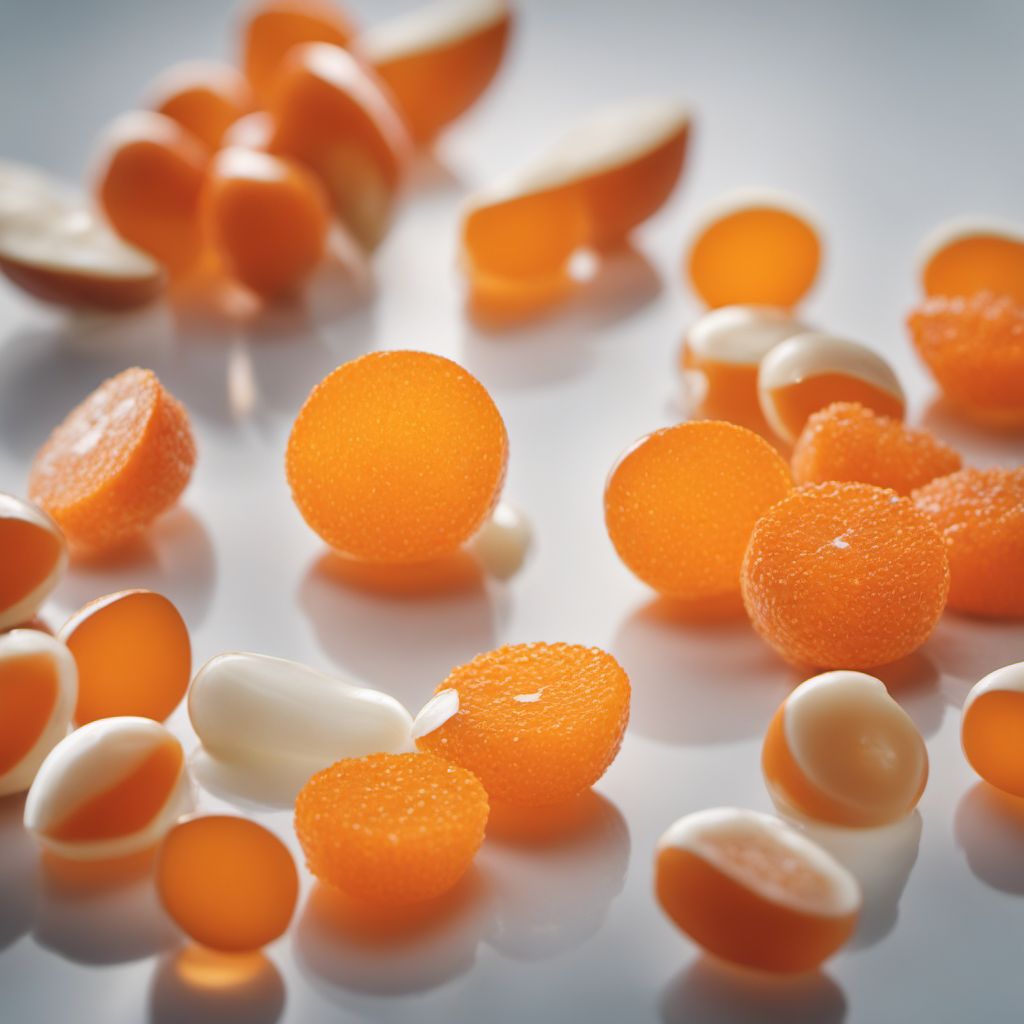
Ingredient
Vitamin A (retinol, carotenoids)
The Vision Booster
Vitamin A, found in the form of retinol and carotenoids, is a fat-soluble vitamin that is vital for various bodily functions. It is known for its ability to promote good eyesight, boost immune function, and support cell growth and development. Retinol is commonly found in animal-based foods, while carotenoids are abundant in colorful fruits and vegetables. Both forms of vitamin A contribute to overall health and well-being.
Origins and history
The discovery of vitamin A dates back to the early 20th century when scientists identified its importance in preventing night blindness. It was later found that vitamin A is present in two forms: retinol, which is derived from animal sources, and carotenoids, which are found in plant-based foods. Vitamin A-rich foods have been consumed for centuries, with ancient civilizations recognizing their benefits for eye health and overall vitality.
Nutritional information
Vitamin A is a powerhouse of essential nutrients, providing a significant amount of vitamin A, which is crucial for maintaining healthy vision, supporting the immune system, and promoting cell growth and development.
Allergens
No known allergens are associated with vitamin A itself, but some individuals may have allergies to specific foods rich in vitamin A, such as fish or dairy products.
How to select
When selecting vitamin A-rich foods, opt for fresh produce that is vibrant in color, such as bright orange carrots or deep green spinach. For animal-based sources, choose lean cuts of meat or fish that are fresh and have a mild aroma. Additionally, look for fortified foods that contain added vitamin A.
Storage recommendations
To maintain the freshness and quality of vitamin A-rich foods, store them properly. Keep fruits and vegetables in the refrigerator, preferably in airtight containers or plastic bags to prevent moisture loss. Animal-based sources should be stored in the coldest part of the refrigerator to minimize spoilage.
How to produce
Vitamin A can be produced by growing or raising foods that are naturally rich in this nutrient. For example, you can cultivate carrots, spinach, or kale in your home garden or raise chickens to obtain eggs that are high in vitamin A.
Preparation tips
To maximize the benefits of vitamin A, incorporate it into your diet through various cooking techniques. For vegetables, lightly steam or sauté them to retain their nutrients. Animal-based sources can be grilled, roasted, or used in stews and soups. Remember that vitamin A is fat-soluble, so consuming it with a small amount of healthy fat can enhance its absorption.
Culinary uses
Vitamin A is widely used in both sweet and savory dishes. It is commonly used in soups, stews, and sauces to add depth of flavor and richness. In desserts, it is often found in custards, ice creams, and pies. Additionally, vitamin A-rich foods are frequently incorporated into smoothies, salads, and stir-fries to boost their nutritional value.
Availability
Vitamin A-rich foods are commonly available in various regions around the world. Carrots, spinach, and kale are widely cultivated in North America, Europe, and Asia. Animal-based sources, such as liver or fish, can be found in most countries with a diverse culinary culture.
More ingredients from this category » Browse all
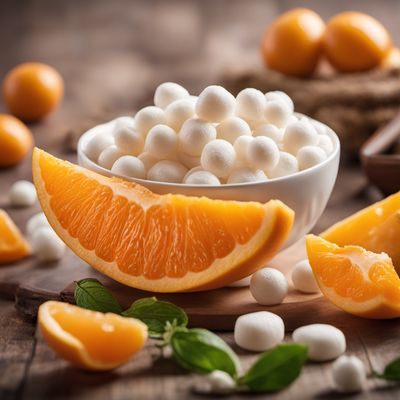
Vitamin C (ascorbic acid)
The Immunity Booster: Unveiling the Power of Vitamin C

Vitamin B6 (pyridoxine, pyridoxamine, pyridoxal)
The Essential Nutrient Trio: Unveiling the Powers of Vitamin B6

Vitamin D (cholecalciferol, ergocalciferol)
"The Sunshine Vitamin: Unlocking the Power of Vitamin D"
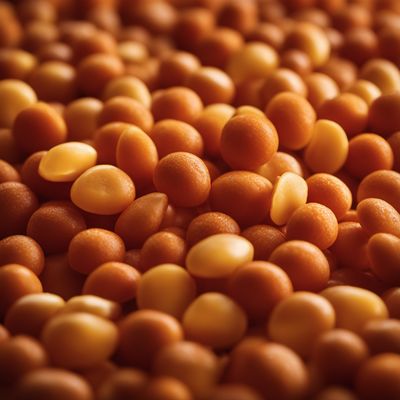
Vitamin B2 (riboflavin)
The Radiant Nutrient
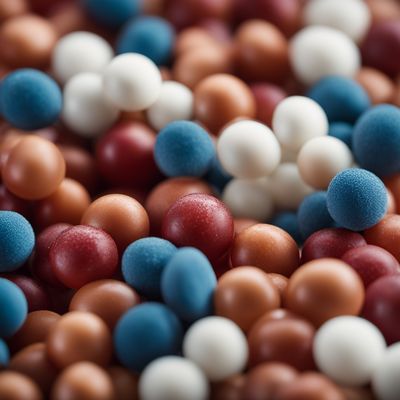
Vitamin B12 (cyanocobalamin, hydroxocobalamin, methylcobalamin)
The Essential Vitamin: Unveiling the Power of B12

Vitamin B3 (niacin, niacinamide)
The Essential Nutrient: Unveiling the Power of Vitamin B3

Vitamin K (phylloquinone, menaquinones)
The Mighty Nutrient: Unveiling the Power of Vitamin K

Vitamin B9 (folic acid, folinic acid)
The Essential Nutrient for Cell Growth and Development

Vitamin E (tocopherols, tocotrienols)
The Antioxidant Powerhouse

Vitamin B5 (pantothenic acid)
The Essential Nutrient: Unveiling the Power of Vitamin B5

Vitamin B1 (thiamine)
The Essential Energy Booster
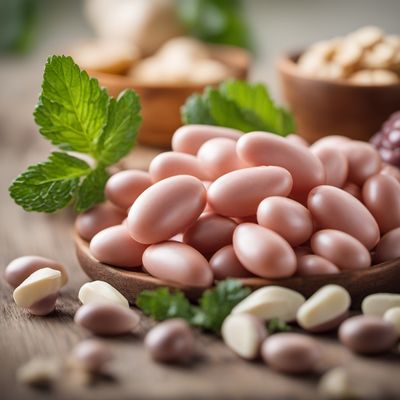
Vitamin B7 (biotin)
The Beauty Vitamin: Unveiling the Wonders of Biotin